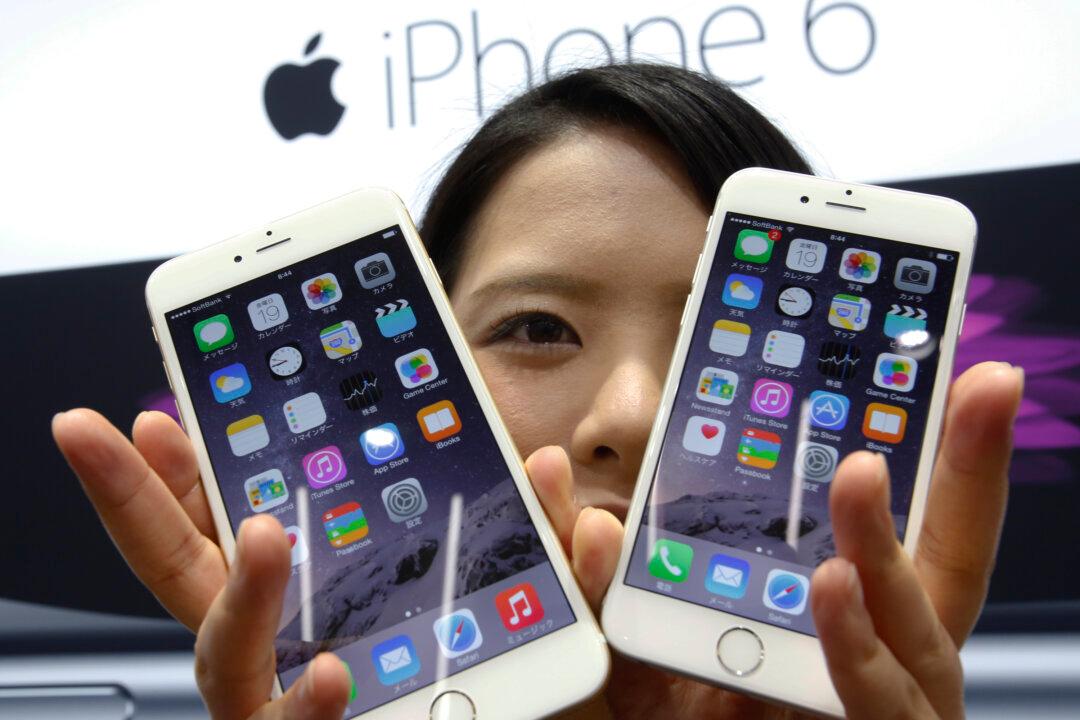Where other companies disappoint their shareholders, Apple Inc. again demonstrates it is playing in its own league.
“Today we are reporting a historic quarter,” said Tim Cook on the earnings call and he did not exaggerate.
Revenue was $74.6 billion for the three months ending Dec. 27, 2014, a company record and much higher than the $67.4 billion analysts expected. Despite Apple’s knack for low-balling expectations and almost always beating them, this is outstanding.





